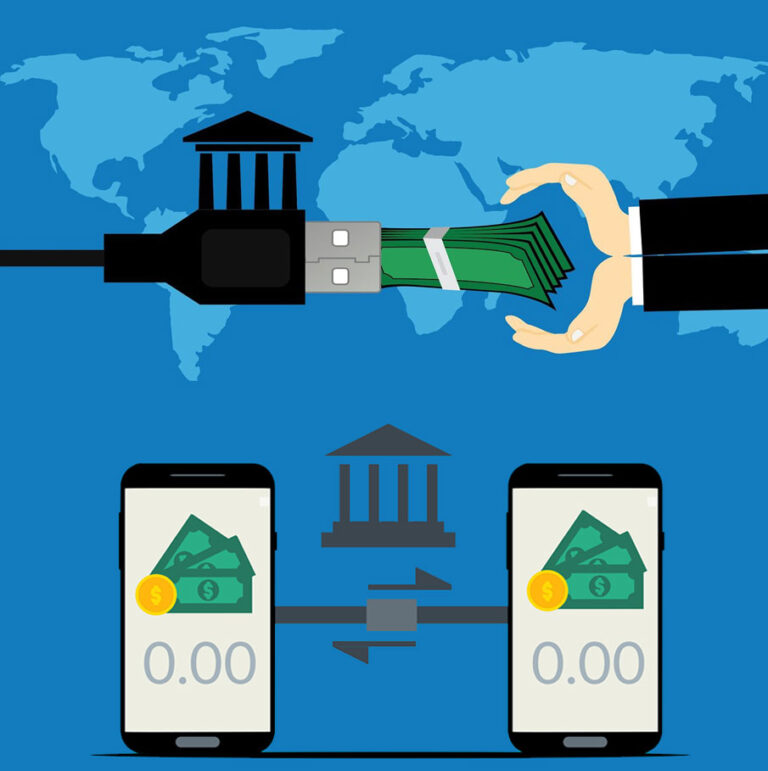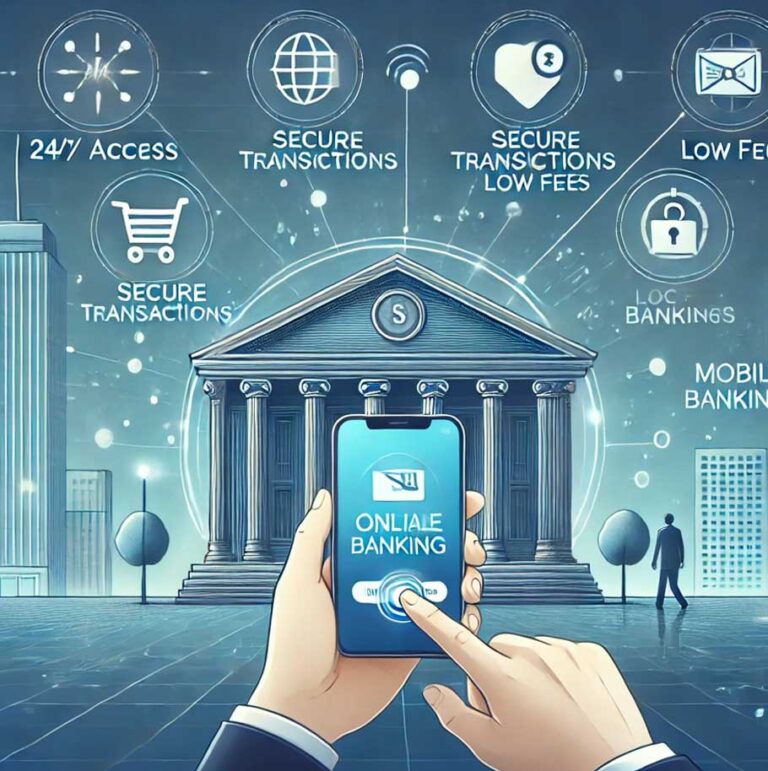Seamless International Transactions of Online Banks: Revolutionizing Global Financial Connectivity
In today’s interconnected world, the ability to conduct financial transactions across borders quickly, securely, and efficiently has become essential for businesses and individuals alike. The rise of digital banking has transformed the global financial landscape, enabling seamless international transactions of online banks to become the norm rather than the exception. As businesses expand globally and professionals increasingly engage in cross-border activities, the need for reliable and fast international payment solutions has never been more critical.
This article explores the key aspects of seamless international transactions of online banks, including the underlying technologies, security measures, compliance frameworks, and the benefits for business professionals and international travelers. By understanding how modern digital banking solutions operate, you can leverage these platforms to enhance your financial operations and streamline global transactions.
1. The Evolution of Online Banking in International Transactions
The rise of online banking has fundamentally changed how we manage finances. Traditional banking systems, which relied on slow, paper-based processes, have given way to fast, digital-first platforms that enable real-time international transactions.
Traditional Banking Challenges
Before the advent of online banks, international transactions were often plagued by:
- High transaction fees
- Long processing times (sometimes taking up to five business days)
- Unfavorable exchange rates
- Complex documentation requirements
How Online Banks Transformed the Landscape
Online banks introduced several innovative solutions to overcome these challenges:
- Real-time payment processing through SWIFT and SEPA networks
- Multi-currency support with competitive exchange rates
- Reduced transaction costs through lower overheads
- Enhanced user experience via mobile apps and web platforms
Today, seamless international transactions of online banks enable businesses and travelers to transfer funds globally within minutes, with complete transparency and security.
2. Key Technologies Powering Seamless International Transactions
Modern online banks leverage advanced technologies to facilitate fast and secure international payments.
a) Blockchain and Distributed Ledger Technology (DLT)
Blockchain has emerged as a game-changer in international banking. By using a decentralized ledger, blockchain ensures that all transactions are transparent, immutable, and secure. This reduces the chances of fraud and improves the efficiency of cross-border payments.
b) AI and Machine Learning
Artificial intelligence (AI) plays a critical role in detecting and preventing fraudulent activities. Machine learning algorithms analyze transaction patterns to identify suspicious activities and trigger alerts when anomalies are detected.
c) API Integration
Application Programming Interfaces (APIs) allow online banks to connect with other financial institutions and payment processors, enabling faster and more flexible international transactions. APIs facilitate real-time currency conversion and payment settlement.
d) Real-Time Payment Networks
Online banks rely on established payment networks like SWIFT, SEPA, and RippleNet to execute transactions quickly and accurately. Real-time settlement ensures that funds are transferred without delays, even across different time zones.
The combination of these technologies ensures that seamless international transactions of online banks are fast, accurate, and secure.
3. Security and Compliance in International Online Banking
Security and regulatory compliance are paramount in the world of international banking. Online banks have implemented robust frameworks to protect user data and comply with global financial regulations.
a) Data Encryption and Secure Protocols
- End-to-end encryption protects sensitive information during transmission.
- Secure Socket Layer (SSL) and Transport Layer Security (TLS) protocols ensure that data cannot be intercepted during online transactions.
b) Multi-Factor Authentication (MFA)
- MFA adds an extra layer of security by requiring users to verify their identity through multiple factors (e.g., password + biometric or SMS verification).
- Online banks often use OTPs (one-time passwords) for secure login and transaction confirmation.
c) Regulatory Compliance
Online banks must comply with various international regulations, including:
- AML (Anti-Money Laundering) – Prevents illegal activities such as money laundering.
- KYC (Know Your Customer) – Requires banks to verify the identity of customers before allowing transactions.
- PSD2 (Payment Services Directive 2) – Governs electronic payment services in the European Union, promoting transparency and security.
- FATF (Financial Action Task Force) – Sets global standards for combating financial crime.
Adherence to these regulations ensures that seamless international transactions of online banks are conducted safely and ethically.
4. Advantages for Business Professionals and Frequent Travelers
Online banks offer a host of benefits for business professionals and international travelers, making financial management more convenient and cost-effective.
a) Lower Transaction Costs
Online banks typically charge lower fees for international transactions compared to traditional banks. Competitive exchange rates and reduced intermediary fees contribute to significant cost savings.
b) Fast and Reliable Transfers
Real-time processing means that funds can be transferred and settled within minutes, regardless of geographic location or time zone differences.
c) Multi-Currency Accounts
Online banks often provide multi-currency accounts, allowing business professionals and travelers to hold and manage different currencies without the need for constant conversions.
d) Mobile and Web Accessibility
Online banking platforms offer intuitive mobile apps and web interfaces, enabling users to manage their finances from anywhere in the world.
e) Transparent Exchange Rates
Unlike traditional banks, which often impose hidden fees, online banks provide transparent, real-time exchange rates, giving users full control over their funds.
The ability to execute seamless international transactions of online banks with minimal fees and delays gives business professionals a significant competitive edge in the global market.
5. Challenges and Future Outlook
While online banks have made significant strides in facilitating seamless international transactions, certain challenges remain.
a) Regulatory Variations
Different countries have varying regulations regarding international transactions, which can complicate cross-border banking. Online banks must continually adapt to changing legal frameworks.
b) Cybersecurity Threats
As online banking becomes more prevalent, the threat of cyberattacks increases. Online banks must invest in advanced security measures to stay ahead of malicious actors.
c) Financial Inclusion
While online banks have made international transactions more accessible, not all regions have equal access to digital banking infrastructure. Expanding financial inclusion remains a key priority.
Future Trends
- CBDCs (Central Bank Digital Currencies): The rise of government-backed digital currencies could further streamline international transactions.
- AI-Powered Financial Management: Enhanced AI algorithms will provide more personalized financial insights and automate complex payment processes.
- Open Banking: Greater data sharing between financial institutions will enhance customer choice and improve transaction efficiency.
The future of seamless international transactions of online banks looks promising as technology continues to evolve and regulatory frameworks become more standardized.
6. Conclusion
The rise of online banking has revolutionized the way we conduct international transactions. By leveraging advanced technologies such as blockchain, AI, and real-time payment networks, online banks have made cross-border payments faster, more secure, and more cost-effective. For business professionals and frequent travelers, the ability to execute seamless international transactions of online banks offers unprecedented financial flexibility and efficiency.
As online banks continue to innovate and expand their services, the future of global financial connectivity will become even more seamless. Whether you are managing business expenses overseas or transferring funds while traveling, the convenience and reliability of seamless international transactions of online banks will remain a game-changer in the world of digital finance.







